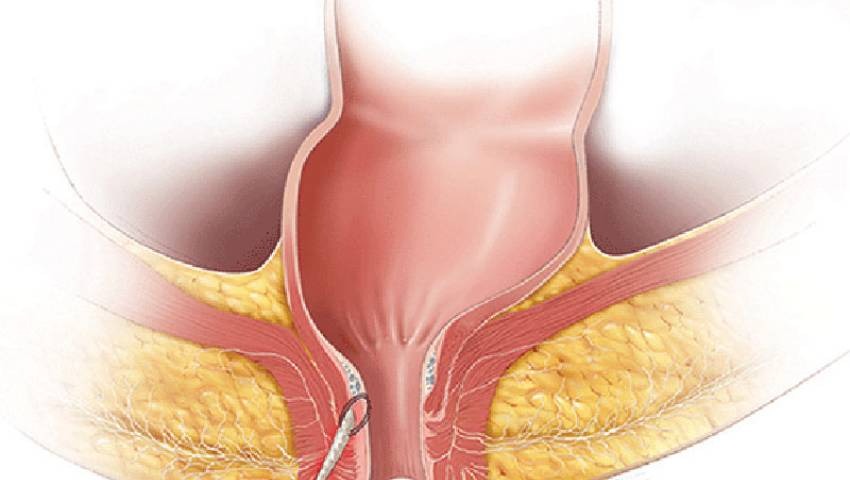An anal fistula is an abnormal tunnel connecting the anal canal to the skin surface near the anus. It typically develops from an infection that starts in an anal gland, forming an abscess that eventually breaks through to the skin. Many people wonder if they can simply live with this condition rather than pursue treatment. This article explores whether living with an anal fistula is a reasonable option and what you should consider when making this decision.
Understanding the Reality of Living with an Anal Fistula
Living with an anal fistula means managing several ongoing symptoms and challenges:
Daily Symptoms You May Experience
- Drainage: Most anal fistulas continuously or intermittently drain pus or fluid, requiring protective pads or frequent clothing changes
- Pain: Discomfort ranges from mild to severe, often worsening during bowel movements
- Irritation: The surrounding skin may become red, tender, and irritated from constant moisture
- Odor: The drainage typically has an unpleasant smell that can be difficult to mask
- Itching: Chronic wetness around the area often causes persistent itching
Impact on Daily Life
The practical challenges of living with an anal fistula include:
- Difficulty sitting for extended periods
- Interference with work activities and productivity
- Limitations on physical activities, including exercise
- Embarrassment in social or intimate situations
- Sleep disruptions due to discomfort
- Constant concern about leakage or odor
Potential Risks of Not Treating an Anal Fistula
Choosing to live with an anal fistula without treatment carries several significant risks:
Physical Complications
- Recurring Abscesses: The infection can periodically block and build up, forming painful abscesses that may require emergency drainage
- Spreading Infection: The infection can spread to surrounding tissues, creating more extensive damage
- Complex Fistulas: Simple fistulas can develop additional branches over time, becoming more complex
- Muscle Damage: Long-term inflammation can permanently damage sphincter muscles, potentially leading to fecal incontinence
- Systemic Infection: In rare cases, an ongoing infection can enter the bloodstream, causing a serious systemic illness
Quality of Life Deterioration
The longer you live with an anal fistula:
- The more the condition typically impacts your daily functioning
- The higher the likelihood of developing anxiety or depression related to the condition
- The greater the potential for relationship difficulties due to the condition
When Living with an Anal Fistula Might Be Considered
While medical treatment is generally recommended, there are limited circumstances where managing rather than eliminating an anal fistula might be discussed:
- Extremely Low Symptoms: Some very minor fistulas cause minimal drainage and discomfort
- High Surgical Risks: People with certain medical conditions might face increased risks from surgery
- Complex Medical Situations: Those with conditions like Crohn’s disease may have recurring fistulas despite treatment
- Temporary Delay: Short-term management while preparing for surgery or addressing other health priorities
Even in these cases, the decision should be made in consultation with a colorectal specialist, not independently.
Management Strategies If Treatment Must Be Delayed
If treatment must be postponed or if you’re considering living with the condition, these strategies may help manage symptoms:
- Sitz Baths: Regular warm water soaks to clean the area
- Proper Hygiene: Gentle cleaning after bowel movements
- Protective Pads: Absorbent pads to prevent staining
- Pain Management: Over-the-counter pain relievers as recommended by your doctor
- Fiber Supplements: To soften stools and reduce discomfort during bowel movements
- Regular Medical Monitoring: Continued check-ups to watch for worsening conditions
The Bottom Line: Is It OK?
While it’s physically possible to live with an anal fistula, medical professionals generally don’t recommend it as a long-term strategy. The condition:
- Rarely heals without proper treatment
- Typically worsens over time
- Can lead to serious complications
- Significantly impacts quality of life
- Often becomes more difficult to treat the longer it persists
Most colorectal specialists would advise against indefinitely living with an anal fistula when treatment options are available. Modern surgical techniques have improved significantly, with many procedures being minimally invasive and offering success rates with reasonable recovery times.
If you’re concerned about treatment, consulting with a specialist about your specific situation and exploring all available options is the wisest approach.
READ MORE : Mastering Terrain: The Essential Guide to Contour Plans
